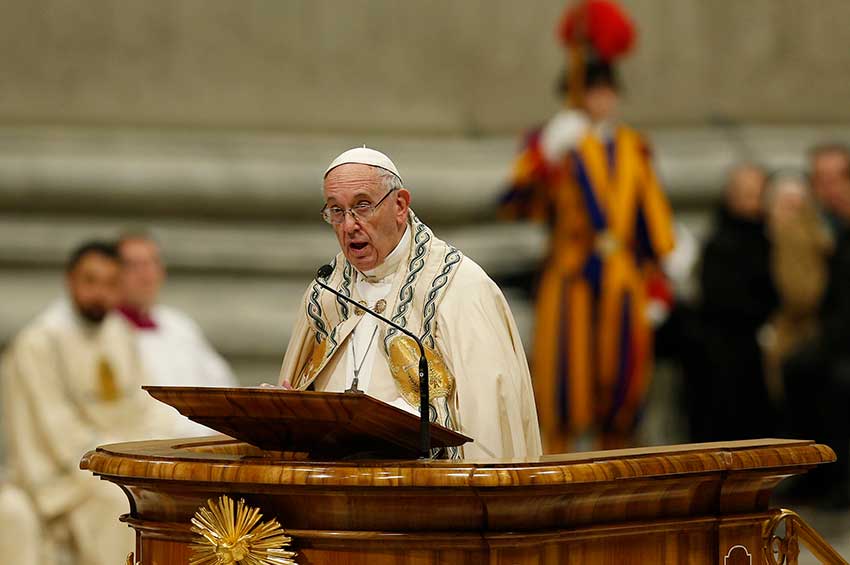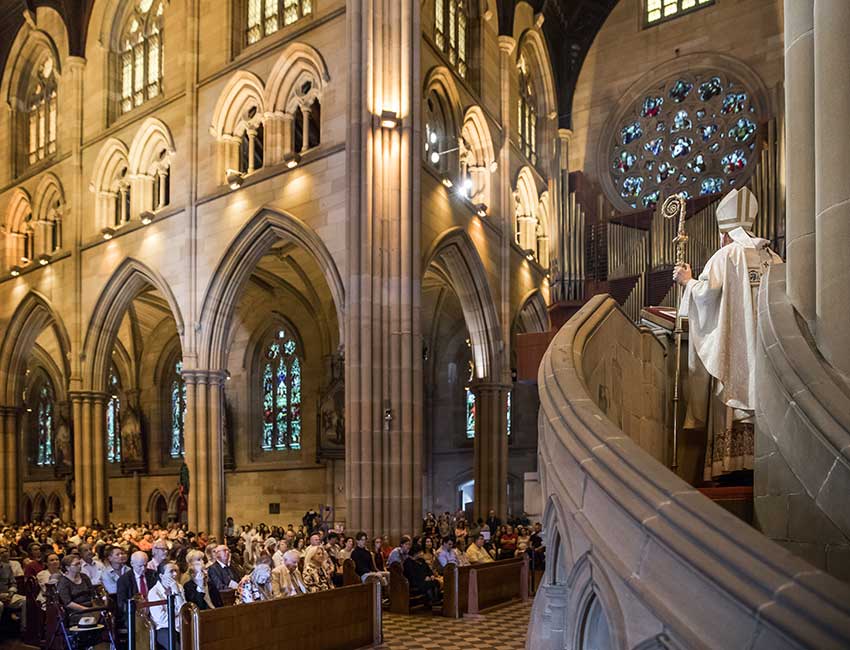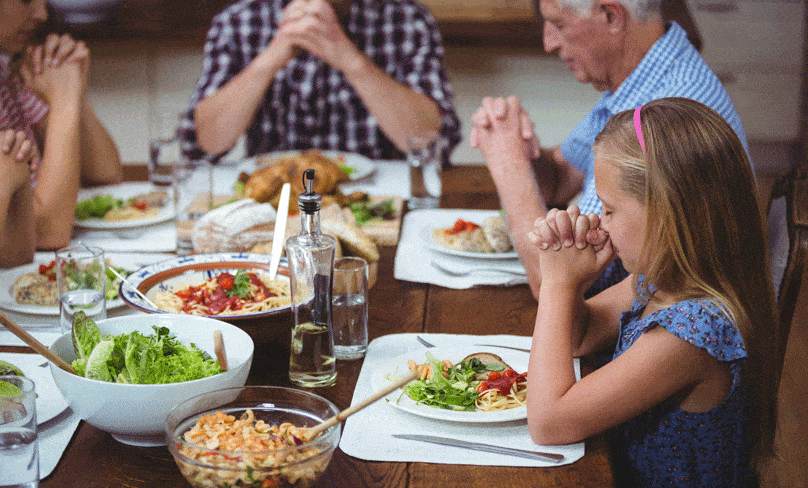
Did you get sucked into any arguments about whether or not women should be allowed to preach at Mass? The most compelling argument in favour went: Think of all the wisdom and insight and perspective women can offer. If they can’t get behind the pulpit, it’s all being wasted. How can we afford to miss out on this opportunity to be enriched in our faith, just because of some stuffy old rule?
The most compelling argument against was: It’s not women being barred from preaching; it’s lay people in general, including most men.
The rule doesn’t stem from misogyny, but from the obligation to make the sermon something specific: an extension of the proclamation of the liturgy of the word.
It’s not supposed to be a lecture or a chat; it’s supposed to be part of the liturgy celebrated by an ordained priest or deacon in persona Christi. And that’s why laypeople aren’t supposed to do it.
But the flap over who gives sermons exposed another, possibly deeper misunderstanding about how, exactly, we’re supposed to learn about and live our faith.
Let’s take a step back. Say you’re a medieval peasant in Western Europe. How do you learn about your faith and find support in following it?
A better question would be, how could you possibly avoid it? The Catholic Church was the center of the community. The church building itself was often literally in the center of town, and its bells rang out for Mass, but also for the hours of the day, and for warnings of fire or other dangers. The Church provided education and very likely food, healthcare, and political stability.
The liturgical year shaped the festivals and feasts and fasts that the whole town would engage in. The Church fed the poor and clothed the naked and buried the dead. Almost every aspect of your life was affected, if not determined, by the Church. If you wanted to be part of the community, you had to at least act like a Catholic; and everything specifically about your faith came to you explicitly from the Church.
Things are different today, to put it mildly. Today, the Church is as busy as ever serving the needy, but it’s now more likely to work behind the scenes, organising charities that serve people who don’t even know it’s Catholics helping them.

The Church still provides the road map for a life that is most likely to provide stability and peace for the family, the community, and the world at large; but following that road has become counter-cultural, not the norm. People no longer think of the Church as the central, organizing force that will provide them with structure, safety, stability, and identity, and look to it only as a specialised, rarified source of explicitly spiritual goods.
Because the Church is not longer overtly present in every aspect of our lives, we Catholics sometimes fall into a trap: We compartmentalize our lives into “spiritual” and “other” — and we expect the Church to supply everything we need for our spiritual lives in single hour per week.
I believe this explains why many people were upset at the idea that women and other laypeople cannot deliver sermons: Because they are used to thinking of the sermon as that brief, precious, and unique time when we talk about Catholic things.
As if those 10 or 20 minutes are our only chance to hear someone speak openly about Christ! What an impoverished idea.
The Mass is supposed to be the source and summit of our lives as Catholics, yes;
but too often, we treat it as the one and only hour per week we live as Catholics.
We do not read the Bible; we only hear snippets in the readings.
We do not teach our children about their faith, but we expect them to imbibe it simply by spending time inside the walls of the Church, or maybe sitting through a few classes run by well-meaning, untrained volunteers.
We do not seek out the needy who live in our streets; we just toss a check in the basket and let the chancery sort it out. We don’t do spiritual reading; we just hope the pastor will use his sermon time to say exactly what we happen to need to hear.
We don’t pray in our homes every day; we just mumble along with memorised responses at Mass and consider ourselves all caught up. This is absurd, and, frankly, pathetic. This is never how our spiritual lives were supposed to be.

We need to take responsibility for making our lives robustly Catholic all week long, using all different sources. In the year 2019 in most regions of the world, we can’t imbibe our faith through our pores simply by living in a Catholic community.
But there are copious riches available to us as Catholics, from women and men, laypeople, theologians, and clergy. It’s easy to find any number of enriching and instructive and supportive books, magazines, websites, podcasts, video series, lectures, online groups, artwork, music, novenas, devotions, encyclicals, spiritual exercises, and retreats, physical and online.
If you don’t know where to start, just go online. Ask someone you trust where to look. Catholicism is everywhere, everywhere, if you take the trouble to look for it. The Church may no longer be the obvious center of the community, but that doesn’t mean it’s no longer available to us. On the contrary, her goodness, truth, and beauty have been disseminated everywhere.
It isn’t handed to us on a platter, but it’s still there for the taking, if we’re willing to do a little legwork.
If you have a library or an internet connection, you simply cannot claim that you’re being deprived of learning more about your faith or being deprived of insights from every possible Catholic perspective.
Does information about the faith replace a spiritual community? No, it does not. Many Catholics are lonely, isolated, and alienated, and this truly makes it hard to keep constant in their faith. It’s a good and righteous thing for Catholics to deliberately build community. But community isn’t a replacement for a spiritual life, either. I have often thought that it’s actually good for us to have to do some work to keep our Catholic identity alive.
When faith comes easy because everyone’s doing it, it’s also easy to take it for granted, to make the motions without thinking about what we’re doing. To act like we’re Catholic without ever actually making the choices that matter for our eternal souls.
It’s good for us to stop and take stock of just how much effort we’re putting into truly living like Catholics at every level of our lives, from public to deeply personal, on Sundays and every day, inside the walls of the church building and outside. When the training wheels come off, that’s when we really learn how to keep our own balance.
Related article:
